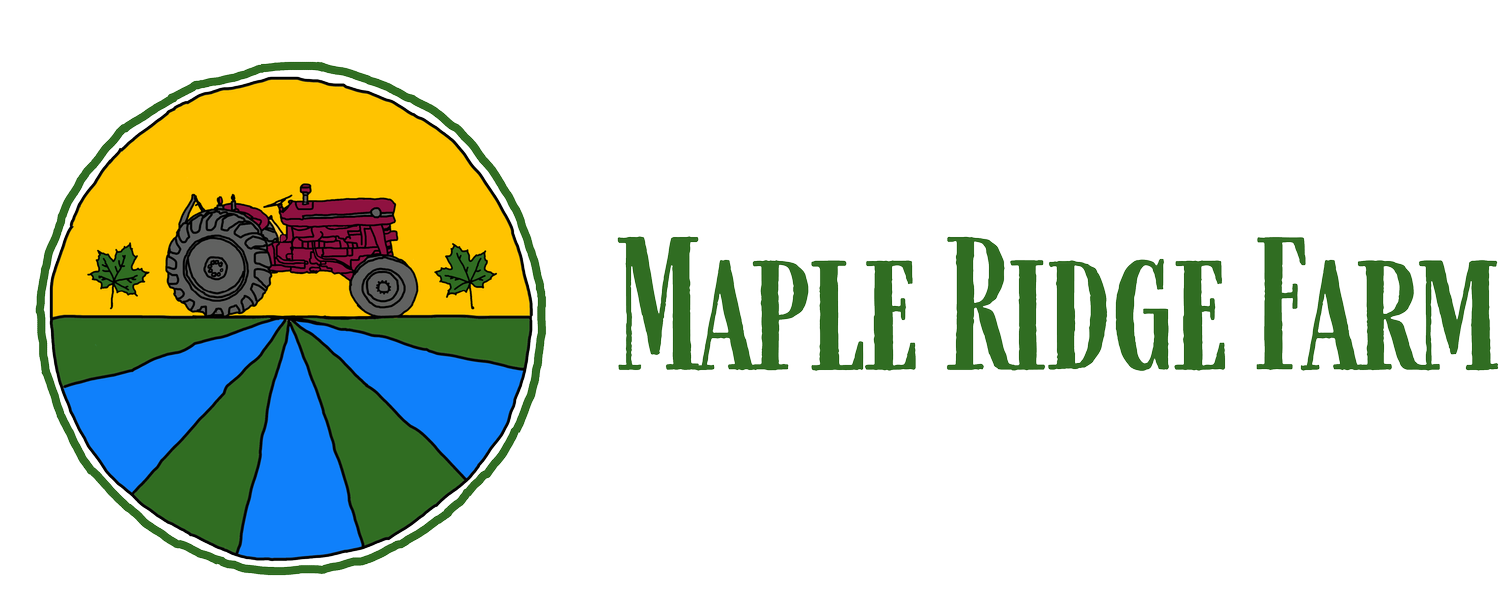Don’t Quit Your Day Job: The Insecurity of Living Off the Land
A week or so ago, I wrote a post that featured the sole carrot that had germinated from a planting of 2000 seeds. I asked whether this carrot was a failure or a miracle. “ Miracle” was the overwhelming response. One person responded that the carrot constituted failure and advised us not to quit our day job.
That response bothered me and got me thinking about agriculture in general.
Quit our day jobs. We’ve never considered doing that.
Howard and I have been fortunate enough to have day jobs. I cannot imagine the insecurity of living off the land.
People tend to paint farming romantically. It’s an easy tale to spin- hands in the dirt, fields of corn, cattle grazing, fresh-picked vegetables.
The reality of farming in Canada is that it is not a miracle. The reality of farming is that few family-run farms can survive without a day job to support the family and pay for the farm.
There is so much about farming that makes a day job necessary.
For example, while it’s tempting to look at the sole carrot and think of all the ways we might have grown it better, I could have posted a bumper carrot crop with the same question - miracle or crop failure? Here’s the thing, that bumper crop doesn’t mean that people will want to buy it or that the price will hold. A big crop doesn’t equal big profits.
I think about agriculture. No wonder it’s run by big business. Only big business can afford to do it; only big business can make money doing it. It’s not that big business is bad. It’s not. Big business is an economical and efficient way of sharing, not equally, but nonetheless sharing. We don’t like to think about the implications of that.
“ Don’t give up your day job”. Sometimes it’s a luxury to have a day job.
I think about the history of our country. I think about how those early settlers chose agriculture as their day job. I know this built our country, but equally true, it killed a lot of settlers.
There were once two sisters. Catherine Parr Trail, who knew how to do it, and Suzannah Moodie, who didn’t. Farming was no path to riches, and if you read Suzannah Moodie’s accounts, it wasn’t a path to happiness either.
My grandfather’s life was bound to agriculture. He went west on the harvest excursion trains in the early 1900s. He didn’t quit his day job to go West. He didn’t have a day job, so he thought that agriculture would be a good gig. It was good enough that after a couple of forays out, he stayed beyond the harvest.
I’m not sure of the details, but when he and his brothers pooled their earnings and bought a farm in Saskatchewan, agriculture revealed its true colours and proved to be anything but the promised land. Grandpa had only two stories about his escapades in farming. One was about surviving a winter storm in the Prairies, and the other about oil being discovered after they’d sold the godforsaken place. Those who get rich from farming often make their millions by selling the land to use for anything but growing food.
Grandpa moved back to Toronto, became a tool and die maker, and got himself a real job. Unfortunately, it was with Massey Harris and with the Dust Bowl driving the Depression agriculture couldn’t keep his day job going.
The point of all of this is that agriculture is not about miracles and crop failures. It’s about grappling with the reality of feeding people -feeding families. It requires grappling with the insecurity of living off the land and recognizing that this isn't a day job that we can quit
Picture : Howard doing some Weeding
